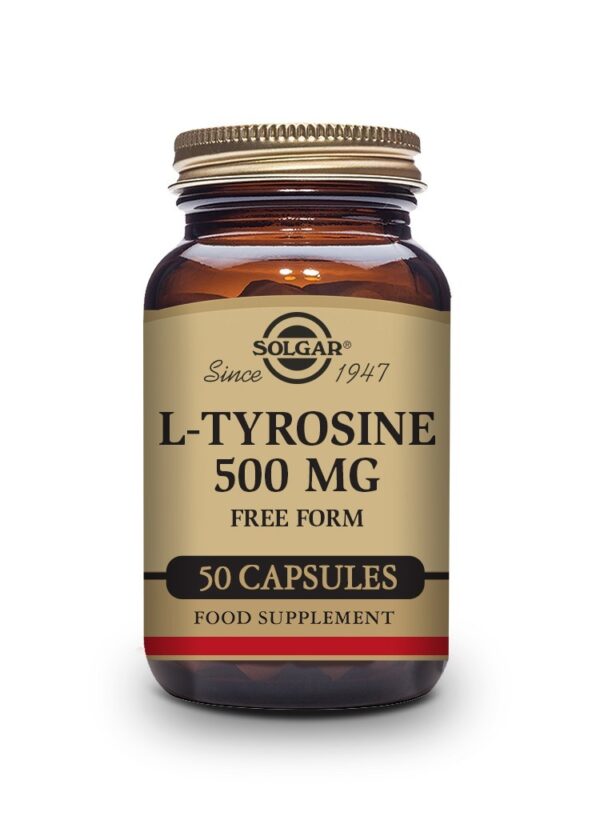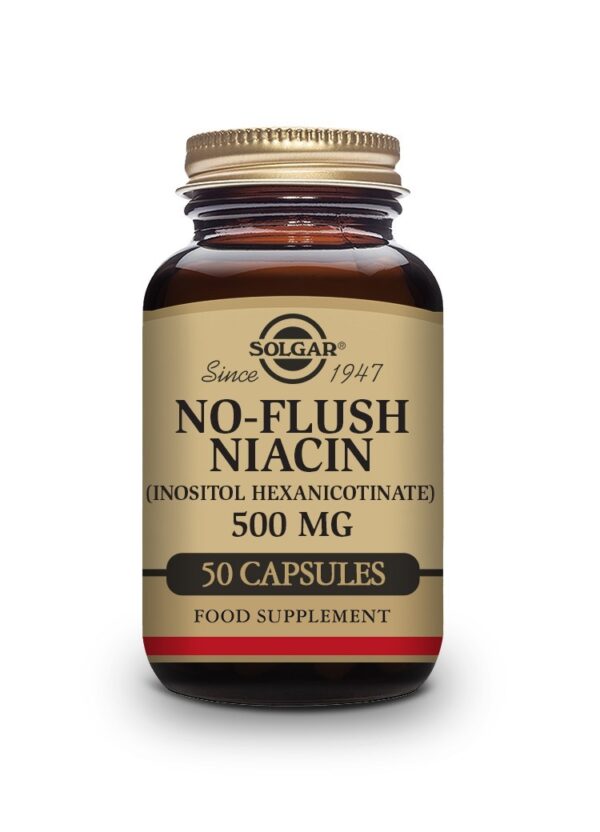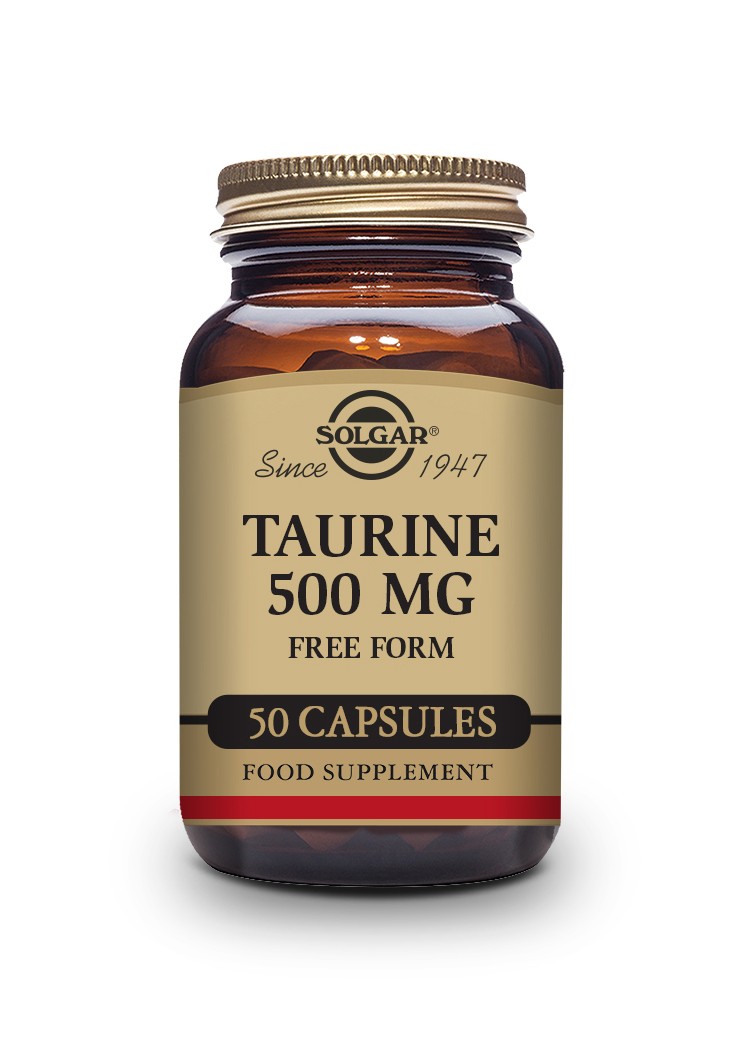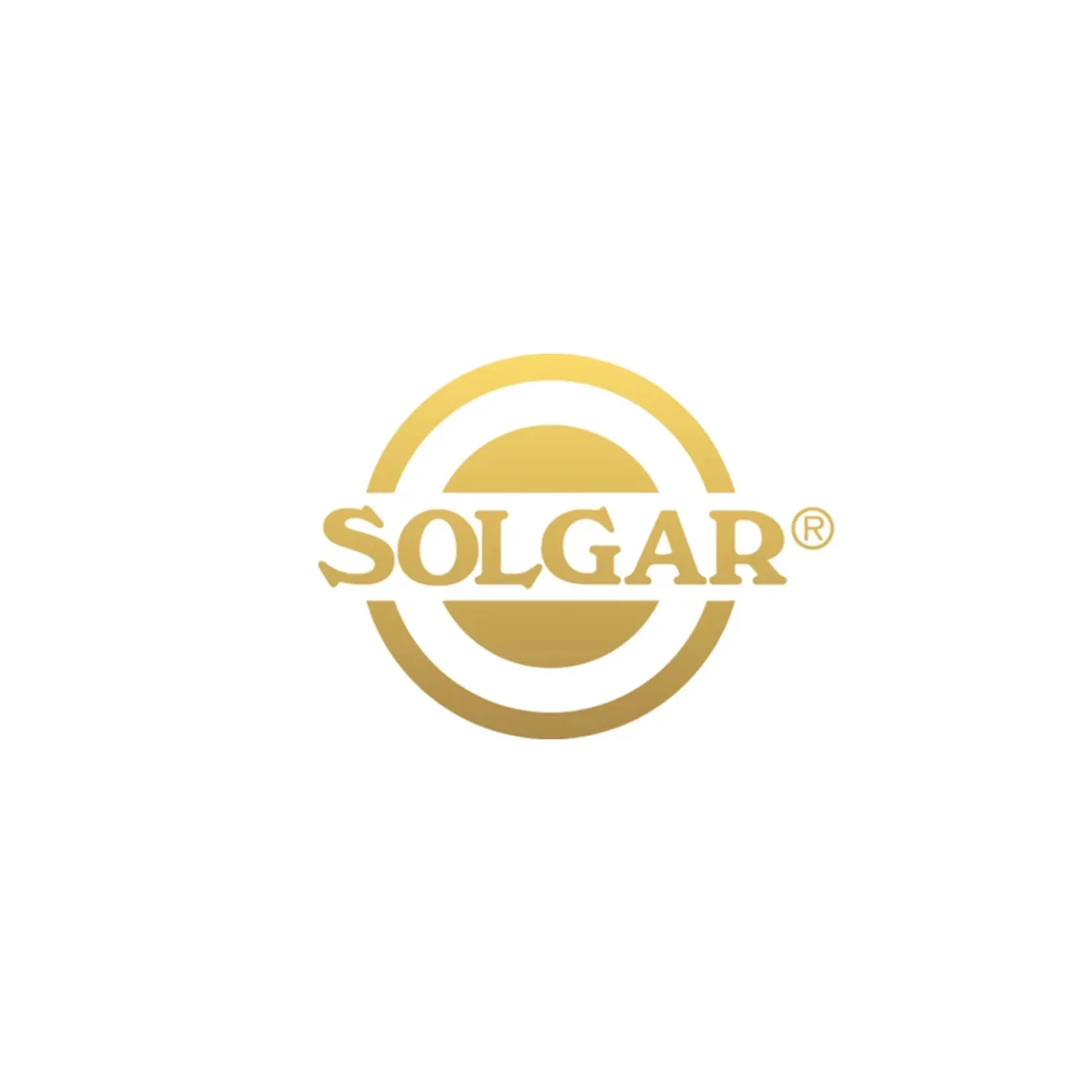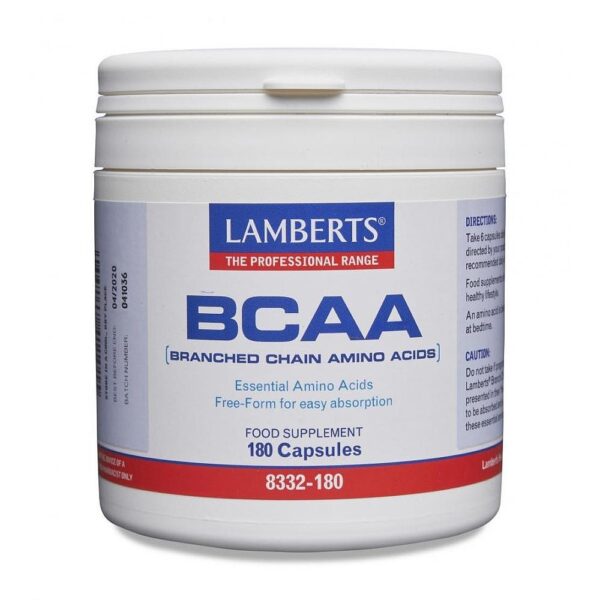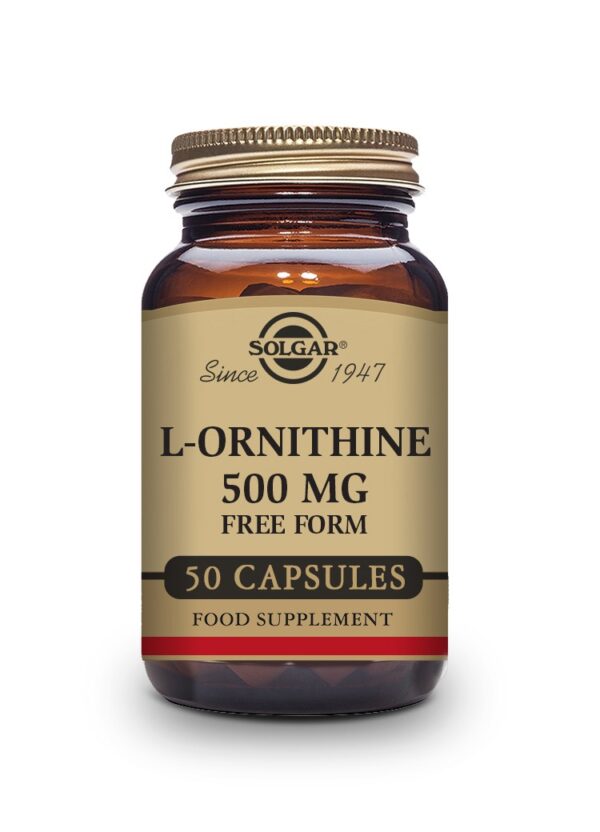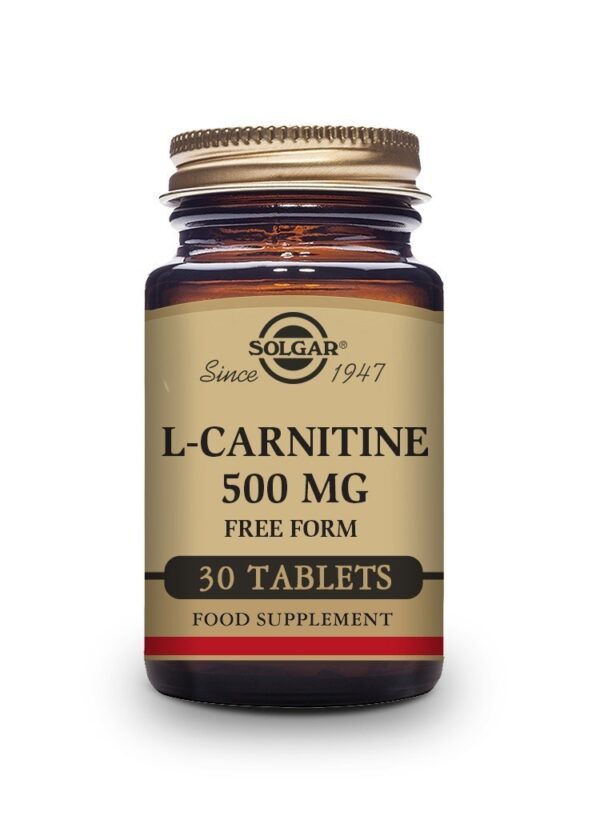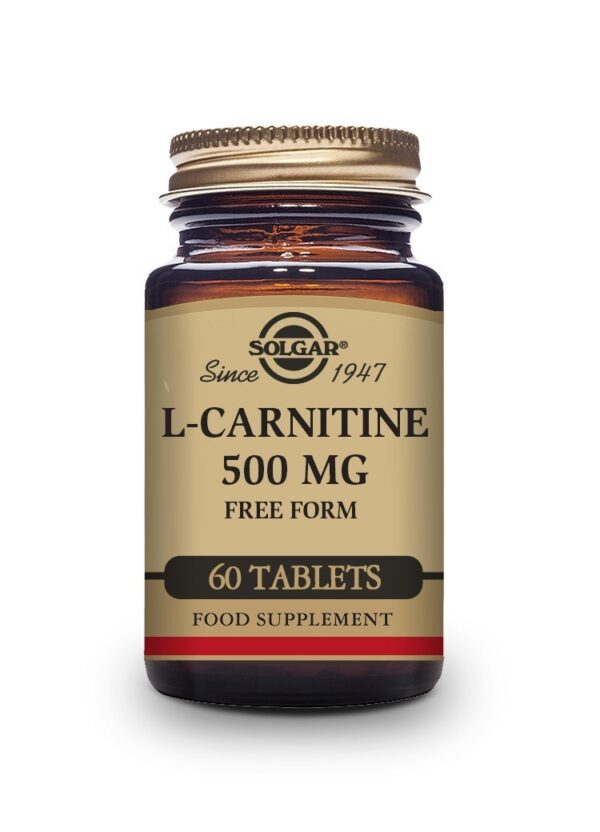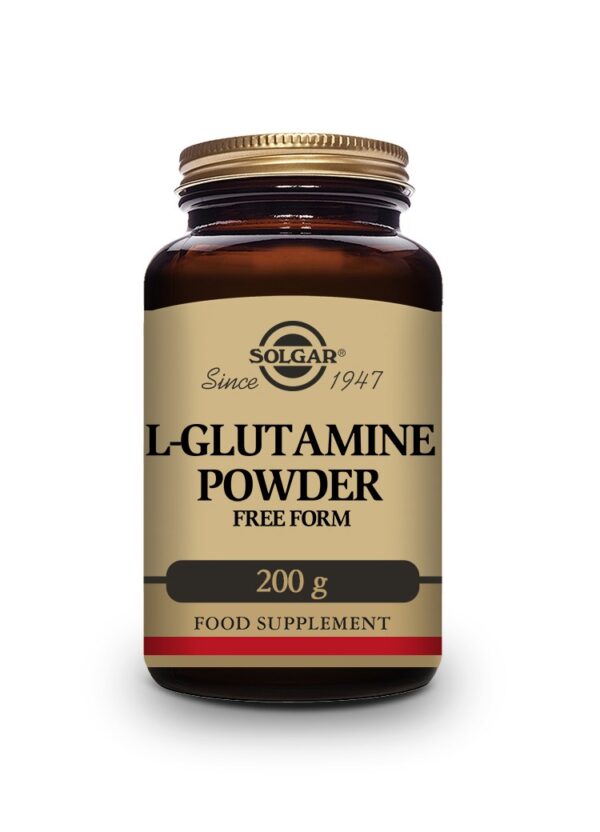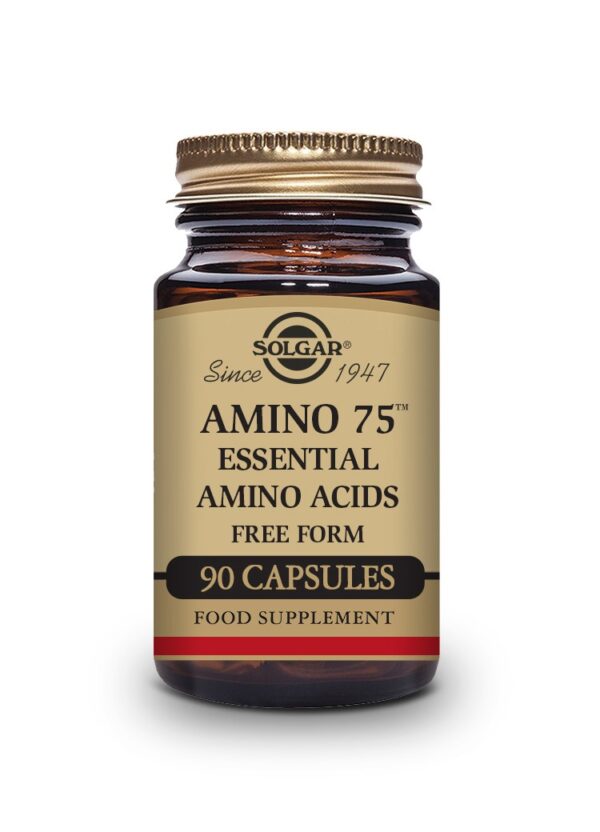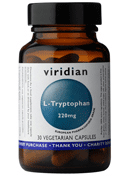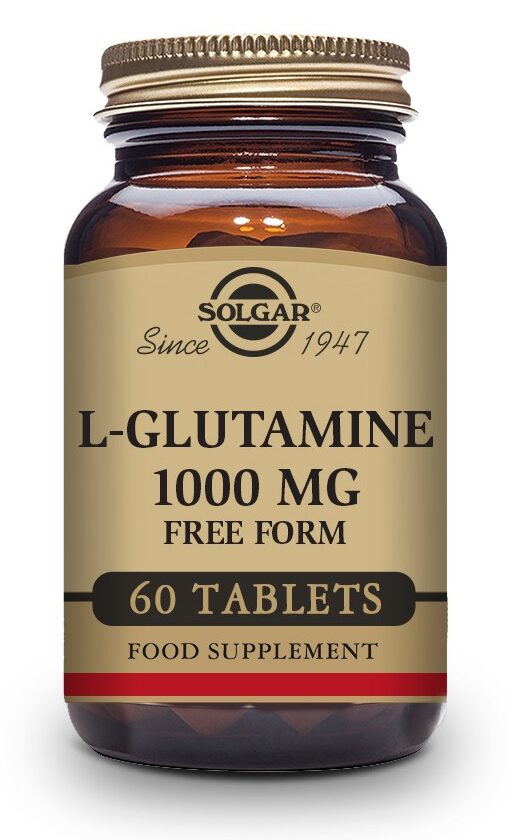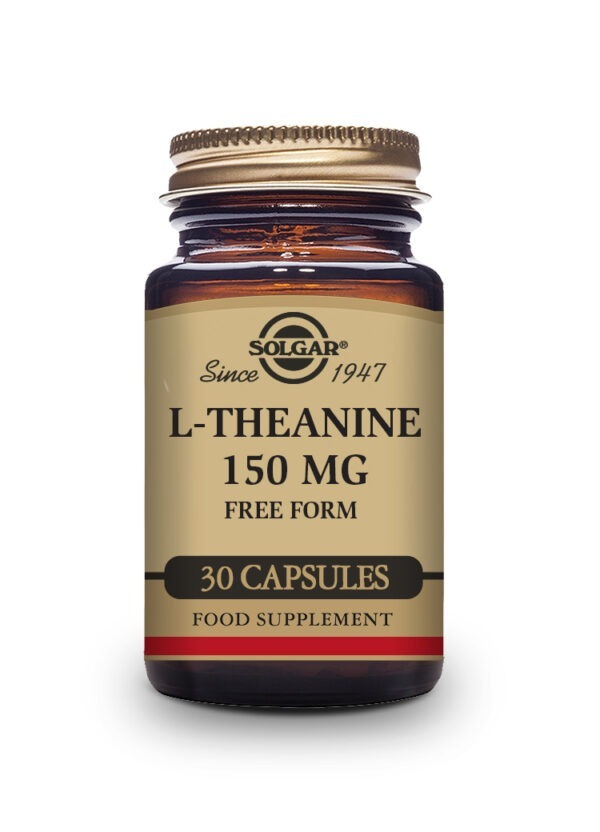Description
Solgar Taurine
What is Taurine?
-
Amino Acid (Conditionally Essential): Taurine is an organic compound that is often referred to as an amino acid. However, technically it’s an amino sulfonic acid. The body can produce it from other amino acids (cysteine and methionine), but sometimes production isn’t sufficient, making it “conditionally essential” – meaning you might need to get it from your diet or supplements, especially during times of stress, illness, or rapid growth.
-
Found Throughout the Body: Taurine is concentrated in various tissues, including the brain, heart, muscles, retina, and liver.
-
Not a Building Block of Proteins: Unlike most amino acids, taurine is not used to build proteins. Instead, it plays a variety of other important roles within cells.
Key Roles and Functions in the Body:
-
Antioxidant: Protects cells from damage caused by free radicals.
-
Osmoregulation: Helps regulate the balance of fluids and electrolytes within cells.
-
Calcium Signaling: Influences the movement of calcium in and out of cells, which is crucial for various functions like muscle contraction and nerve transmission.
-
Bile Salt Formation: Necessary for the formation of bile salts in the liver, which are essential for the digestion and absorption of fats.
-
Nervous System Development and Function: Important for brain development, nerve growth, and neurotransmission.
-
Immune Modulation: May play a role in regulating the immune system.
Potential Health Benefits (Research is ongoing, and not all benefits are definitively proven):
-
Cardiovascular Health:
-
Blood Pressure: Some studies suggest taurine can help lower blood pressure, particularly in people with hypertension.
-
Cholesterol: May improve cholesterol levels by reducing LDL (“bad”) cholesterol and triglycerides.
-
Heart Failure: Shows promise in improving symptoms and outcomes in people with heart failure, possibly by improving heart muscle function and reducing oxidative stress.
-
Arrhythmias: May help prevent or reduce the risk of irregular heartbeats (arrhythmias).
-
-
Neurological Health:
-
Neuroprotection: Its antioxidant properties may protect brain cells from damage in conditions like stroke and neurodegenerative diseases.
-
Anxiety and Stress: Some evidence suggests it may have a calming effect on the nervous system and reduce anxiety.
-
Epilepsy: Has been studied as a potential adjunct therapy for epilepsy due to its effects on neurotransmitter activity.
-
-
Diabetes and Metabolic Syndrome:
-
Blood Sugar Control: May improve insulin sensitivity and glucose metabolism, helping to regulate blood sugar levels in people with diabetes.
-
Insulin secretion: Taurine has been shown to increase insulin secretion, helping to improve glucose metabolism.
-
Lipid Metabolism: May help improve lipid profiles and reduce the risk of metabolic syndrome.
-
-
Eye Health:
-
Retinal Function: Taurine is highly concentrated in the retina and is essential for its proper function. May help protect against age-related macular degeneration and other eye diseases.
-
-
Exercise Performance:
-
Muscle Function: May improve muscle contraction, reduce muscle damage, and enhance exercise performance.
-
Fatigue: May reduce fatigue and improve endurance.
-
-
Hearing:
-
Protection from Noise-Induced Hearing Loss: Some research suggests it may help protect against hearing damage caused by loud noise exposure.
-
-
Liver Health:
-
Detoxification: May support liver detoxification processes.
-
Protection from Liver Damage: May protect the liver from damage caused by alcohol, toxins, and certain medications.
-
Sources of Taurine:
-
Dietary Sources:
-
Meat (especially dark meat)
-
Seafood (fish, shellfish)
-
Dairy products (to a lesser extent)
-
-
Energy Drinks: Many energy drinks contain taurine, but these are generally not a healthy source due to their high sugar and caffeine content.
-
Supplements: Available in capsule, powder, and liquid forms.
Dosage:
-
Typical supplemental doses range from 500 mg to 3000 mg per day, divided into multiple doses.
-
Dosage may vary depending on the individual and the condition being treated.
Safety and Side Effects:
-
Taurine is generally considered safe for most people when taken in recommended doses.
-
Possible side effects are rare but may include:
-
Nausea
-
Vomiting
-
Diarrhea
-
Stomach upset
-
Precautions and Interactions:
-
Pregnancy and Breastfeeding: Limited research on safety during pregnancy and breastfeeding. It’s best to avoid or use with caution.
-
Kidney Problems: People with kidney problems should use taurine with caution, as it could potentially worsen kidney function.
-
Medications: May interact with certain medications, such as lithium.
Important Considerations:
-
Not a Magic Bullet: Taurine is not a cure-all and should not be used as a substitute for conventional medical treatment.
-
Consult Your Doctor: If you have any health conditions or are taking medications, talk to your doctor before taking taurine supplements.
-
Quality Matters: Choose reputable brands to ensure the supplement is tested for purity and potency.
In Summary:
Taurine is an important amino acid with a variety of roles in the body. It shows promise for improving cardiovascular health, neurological function, blood sugar control, and exercise performance. However, more research is needed to confirm these benefits. If you’re considering taking taurine supplements, talk to your doctor to see if it’s right for you.

